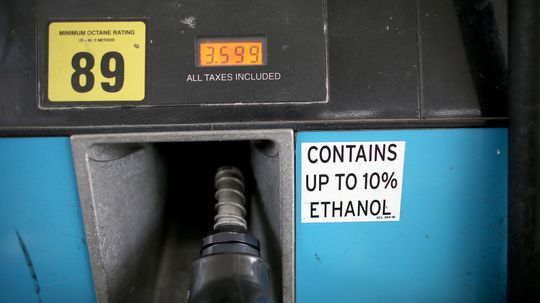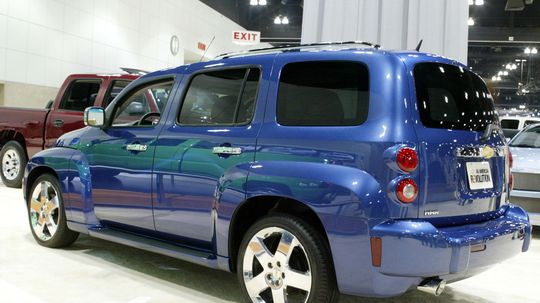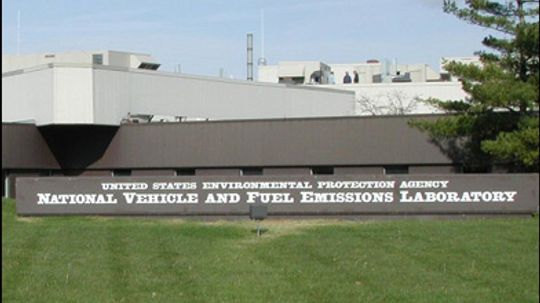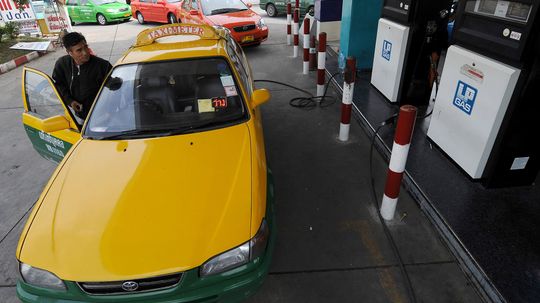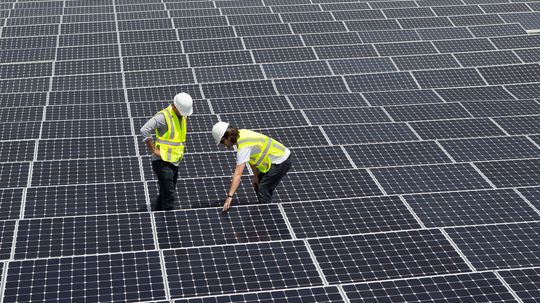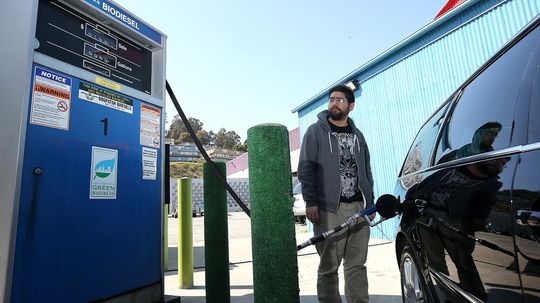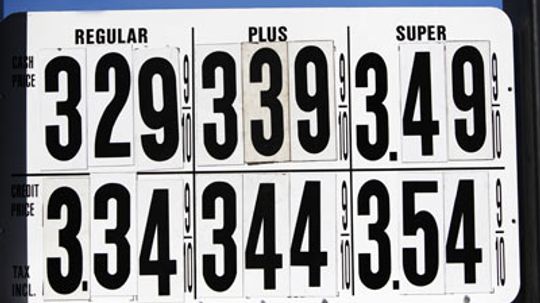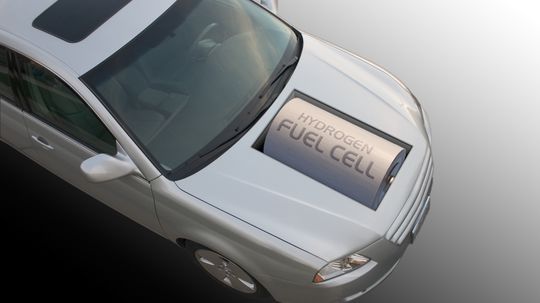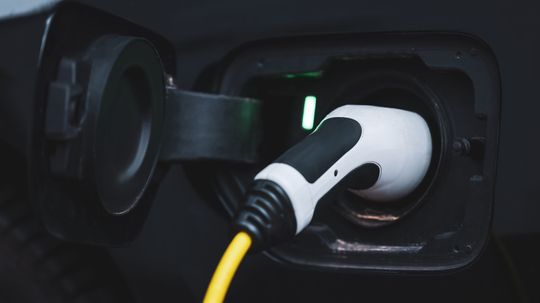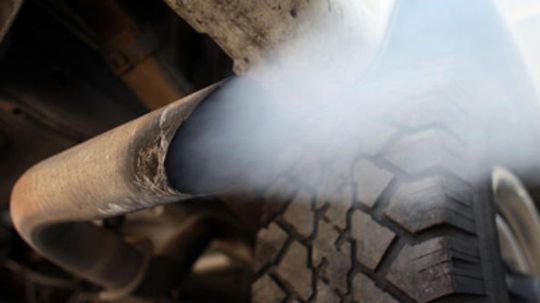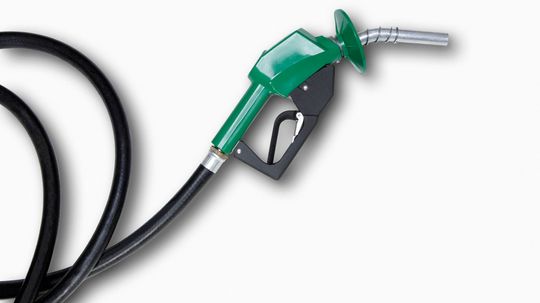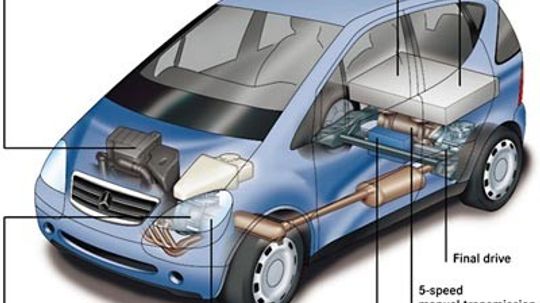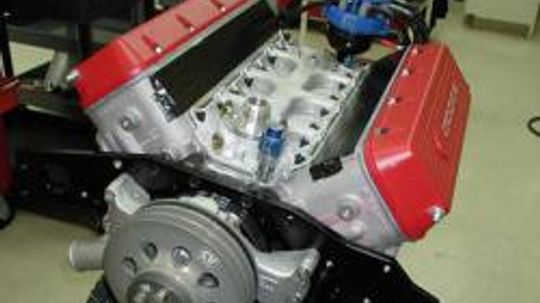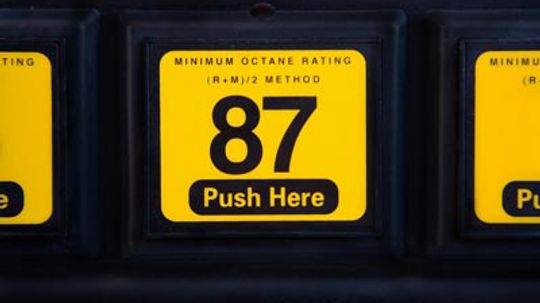Fuel Efficiency
Fuel efficiency has become an extremely important topic in today's world because of rising gas prices, the need to cut our carbon footprints, and the need to cut dependence on oil-rich nations. Check out these great articles on fuel efficiency.
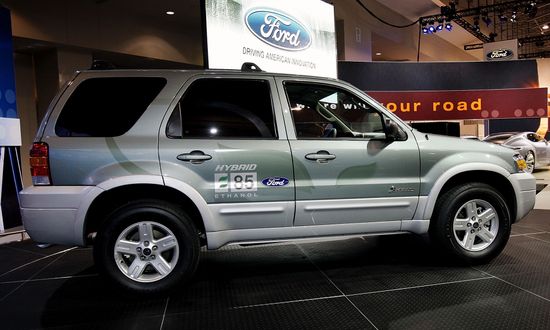
Is Ethanol Bad for Your Car?
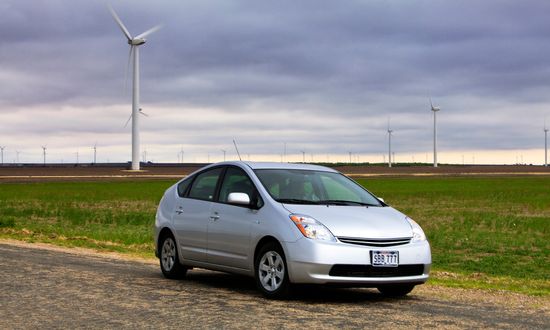
How Carbon-neutral E-fuels Work

How Plant-microbial Fuel Cells Work

Sweet Sorghum: The Sweetest Fuel You'll Ever Taste!

How Algaculture Works

What's the process to convert wine into fuel?
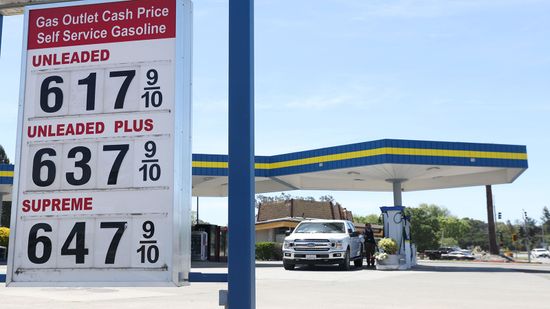
Why Is Gas So Expensive at Certain Times of Year?
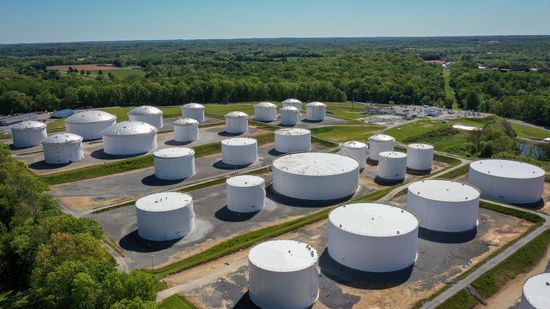
Summer-grade Versus Winter-grade Fuel
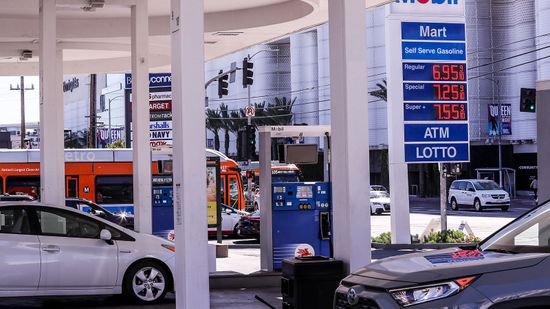
What's the Most Americans Have Ever Paid for Gas?
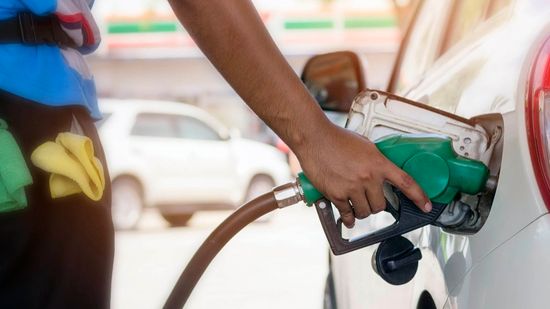
Is It Bad to Drive Without a Gas Cap?
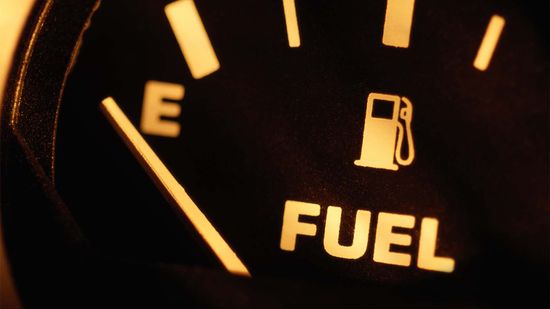
Running on Empty? How Bad Is It for Your Car?

Do fuel additives really do anything?
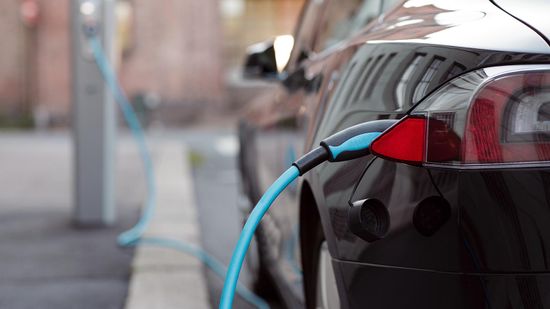
5 Outdated Myths About Buying and Owning Electric Cars

Rivian Aims to Change the EV Industry One Pickup at a Time

Why You Want Your Kid's School Bus to Be Electric
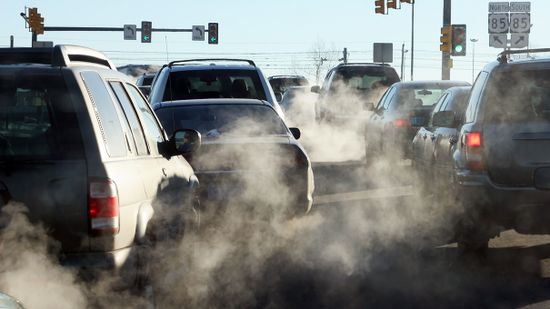
Love It or Hate It: Stop-start Technology Is Here to Stay
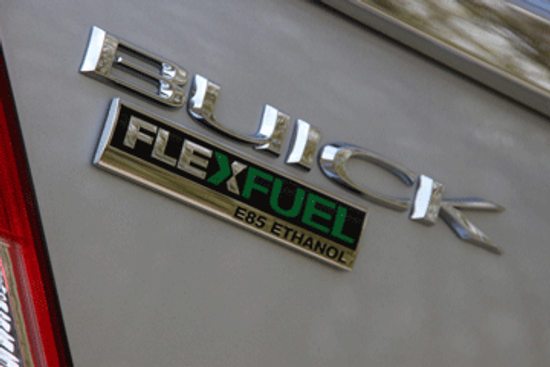
Flexible Fuel Technology: Flex Engines
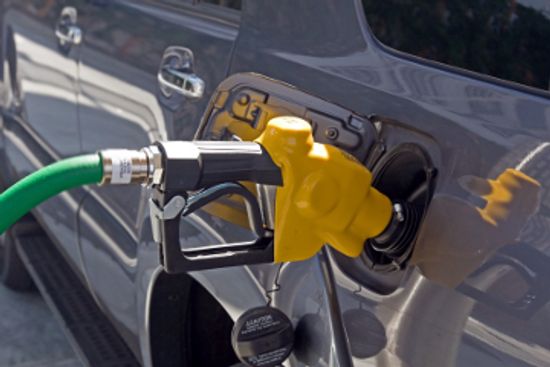
How Flex-Fuel Vehicles Work
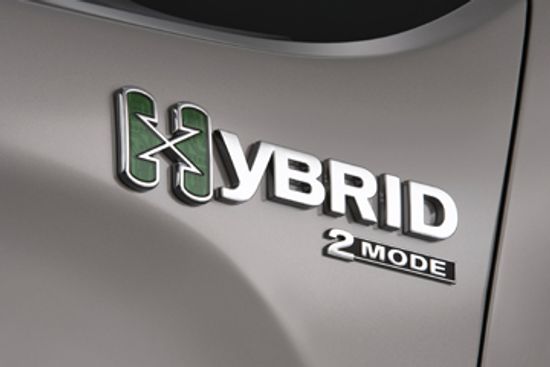
Why would someone want to steal the hybrid badge from my car?
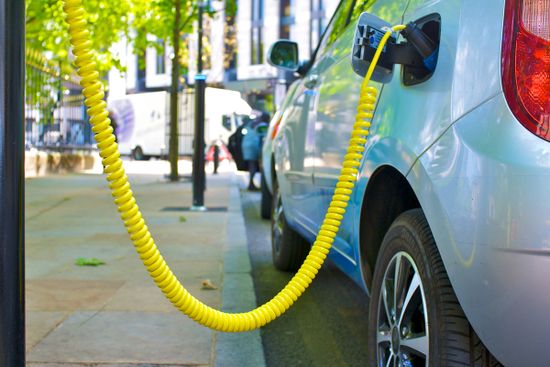
Top 10 Alternative Fuels on the Road Right Now
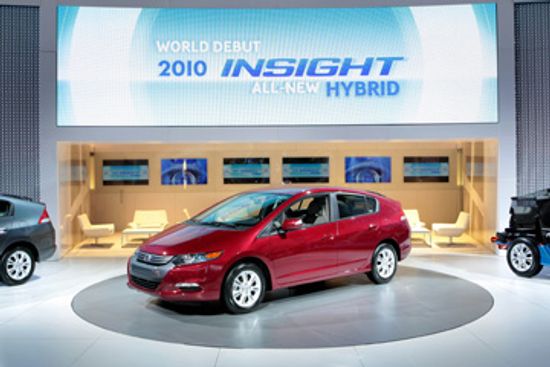
Do hybrid cars get power through kinetics?
Learn More / Page 8
The 100 mpg car is being promoted by Google.org in an effort to reduce oil use and harmful emissions. Learn all about Google's 100 mpg car program.
Hybrid cars are not all fuel-sippers. Some have high performance and high prices. Most are designed for great mileage and low emissions at affordable prices. See these pictures and profiles of every 2007 hybrid model.
When oil is expensive, contentious and scarce, fuel made from corn or cane starts to look pretty smart -- economically and environmentally. But not everyone sees it that way.
By Julia Layton
Advertisement
Want to drive an E85 vehicle but don't know which automakers make E85 ethanol flex fuel vehicles? Our guide to E85 vehicles will tell you which ones are compatible and whether or not a flex-fuel vehicle is right for you.
By Chuck Giametta
Corn distilled into ethanol and mixed with gasoline is used to create E85. Each gallon of E85 consists of 85 percent ethanol and 15 percent gasoline. Learn the pros and cons of this new fuel.
By Chuck Giametta
Why do the EPA fuel economy numbers almost always seem to be off base? It has a lot to do with the way the EPA evaluates new cars and trucks for their energy consumption.
You probably know it as the stuff that fuels a gas grill or a Zippo lighter, but that's just the beginning. People are modifying cars to run on the stuff. Learn all about liquefied petroleum gas.
Advertisement
When gas prices rise, people's thoughts naturally jump to alternative fuel sources. Check out these articles to learn all about the growing technology of alternative fuel.
Soybean byproducts are nutritious and healthy. They can also power a car. Find out how soybean and other plant oils as well as animal fats are used to create the environmentally friendly fuel biodiesel.
I've heard that it's possible to build a car engine to run off of ethanol, a byproduct of corn. How much corn would I need to grow in order to produce enough ethanol fuel to drive my car across the country?
Gas is the bloodline that keeps America moving, and tracking prices can feel like a roller coaster ride. They're down one month, up the next, before climbing more than 50 percent in a year.
By Kevin Bonsor & Ed Grabianowski
Advertisement
When people refer to "nitro-burning funny cars" and "top-fuel dragsters" what are they talking about? What is "top fuel" and how is it different from gasoline?
As gasoline continues to lose its cachet as a reliable energy source, auto manufacturers have started to turn toward cleaner-burning fuels. However, they're still trying to figure out how to use the cleanest fuel of all -- the air we breathe.
Hydrogen gas is hard to store, so fuel processors are crucial to most commercial fuel cells. Learn how fuel processors supply the hydrogen and how efficient they really are.
By Karim Nice
I know that the faster I drive my car the more gas it uses. But on the other hand I'll get to my destination in less time. Is there a "sweet spot" on the speedometer that would give me maximum fuel efficiency? And if so is it different for different car models?
Advertisement
Why are governments, private businesses, and academic institutions collaborating to research develop and produce fuel cells? Learn how fuel cells work and how efficient they really are.
By Karim Nice, Jonathan Strickland, Talon Homer & Yara Simón
I have read the question about crude oil and the different types of fuel. I was wondering: if gasoline is an aliphatic hydrocarbon why doesn't it burn cleanly forming just CO2 and H2O?
If you have ever pumped gas that claimed to "oxygenated" -- something that is common in most urban areas in the winter -- then you have used gasoline containing MTBE.
Gasoline, kerosene, diesel, etc. all come from crude oil, but what makes them different? Read on to learn about their differences.
Advertisement
The short answer is: yes. You could compress the air at your house using an air compressor fill a compressed-air tank in the car and the car could run off of it. But it's not quite that easy. Find out why.
Ever wonder what kind of fuel race cars run on? Find out what kind of gasoline race cars from different motorsports run on.
We are all familiar with gasoline-powered cars, and most people have heard about or seen electric cars. So what exactly is a hybrid car?
I have heard that both race cars and some motorcycles (like Harley-Davidsons) use a dry sump oil system. What is the advantage of a dry sump?
Advertisement
Adding a chemical called tetraethyl to fuel can significantly improve the gasoline's octane rating. But what is octane? And how does it improve the gasoline we buy? Read on to explore this fascinating molecule.
Planning to change your own oil? You're probably wondering what the numbers on the can of motor oil mean. Find out what they mean and what oil is best for your car.


